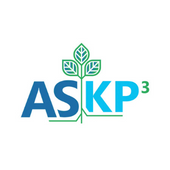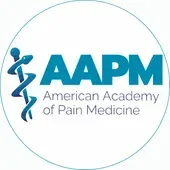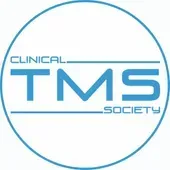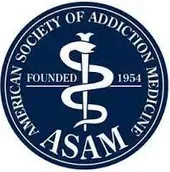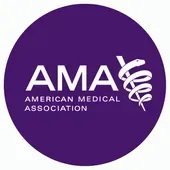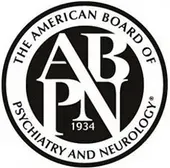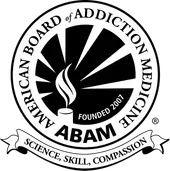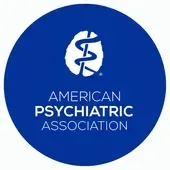Vivitrol Treatment Programs
Vivitrol Detox Center in Chestnut Hill
Alcohol and opioid abuse can lead to a physical dependency on either substance — regular injections of Vivitrol after detox can prevent relapse and overdose during addiction recovery. It can be a powerful tool in treating your opioid or alcohol use disorder. Since its approval by the FDA in 2010, Vivitrol has been a powerful aid to care practitioners supporting patients in their recovery and sobriety.
At Wave Treatment Centers in Chestnut Hill, PA, we can introduce Vivitrol injections into your care plan as soon as your detox is complete. Using Vivitrol as part of your medication-assisted treatment (MAT) is just one of the approaches that can help you finally achieve your recovery goals.
Start your Healing Journey
A healthier, happier life starts here — talk to our caring staff today.
Website Form Submission
Vivitrol Treatment FAQ
Frequently Asked Questions
I want to thank Dr. Beatty for the dignity and humanity I was treated with during the early phase of my recovery. You probably don’t remember me, man, but I’m the guy who OD’ed, and his fiancé left him, and yet I came in for a Vivitrol shot the next day. That was hell- but the sense of optimism and pride you instilled in me helped me keep the faith.
Aaron J.




